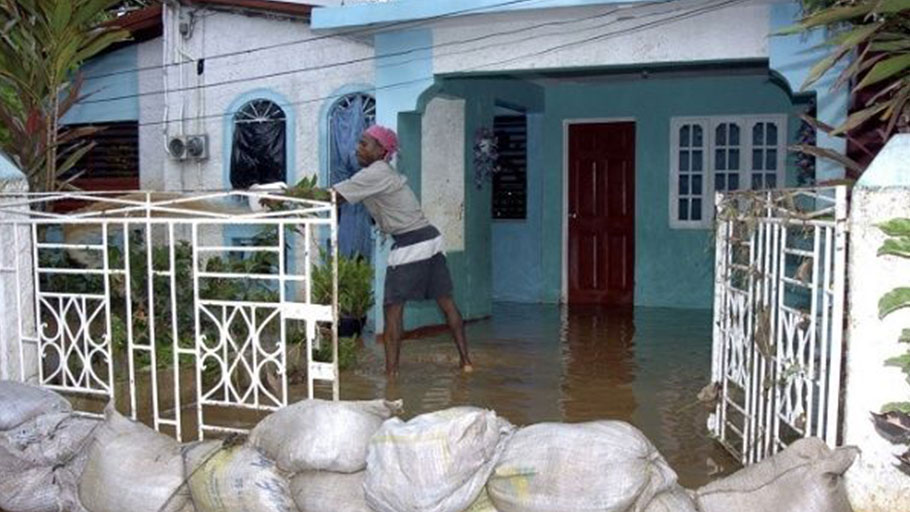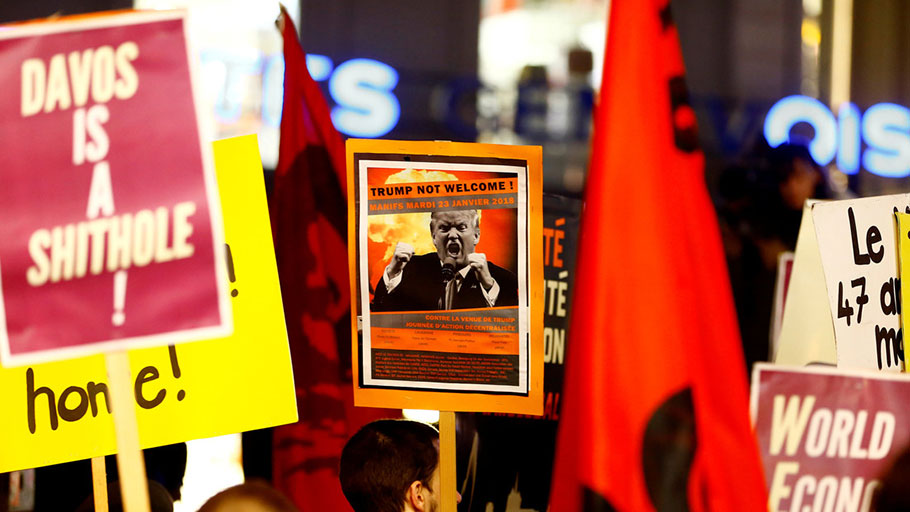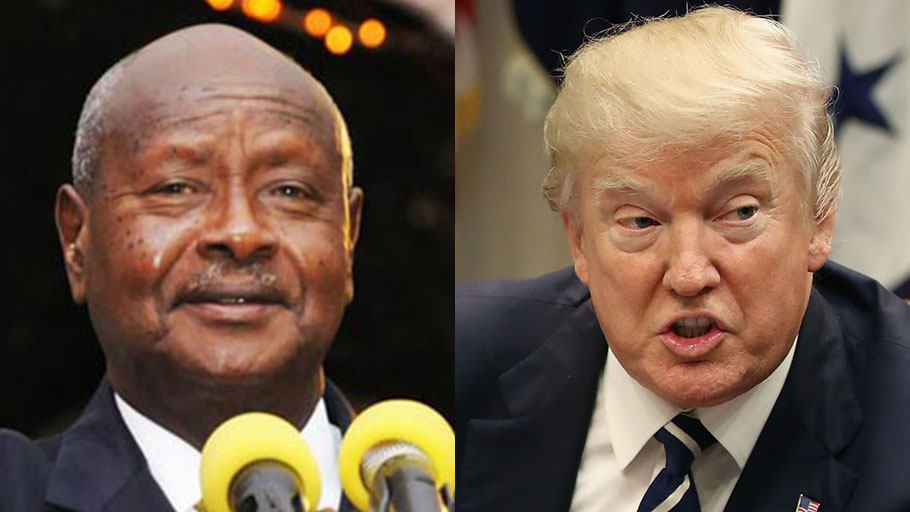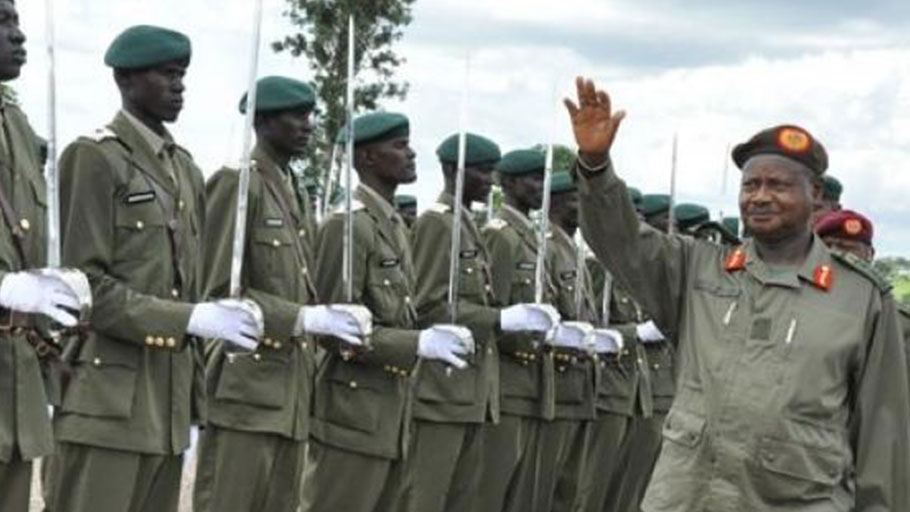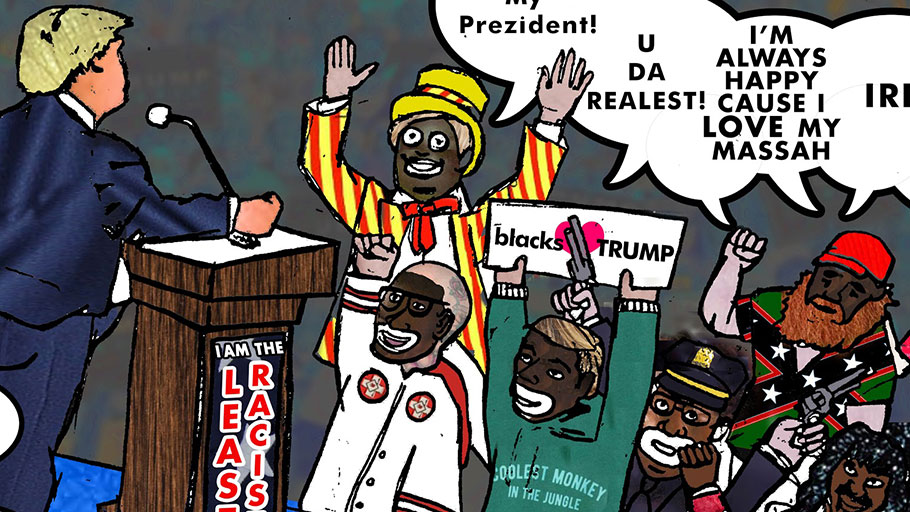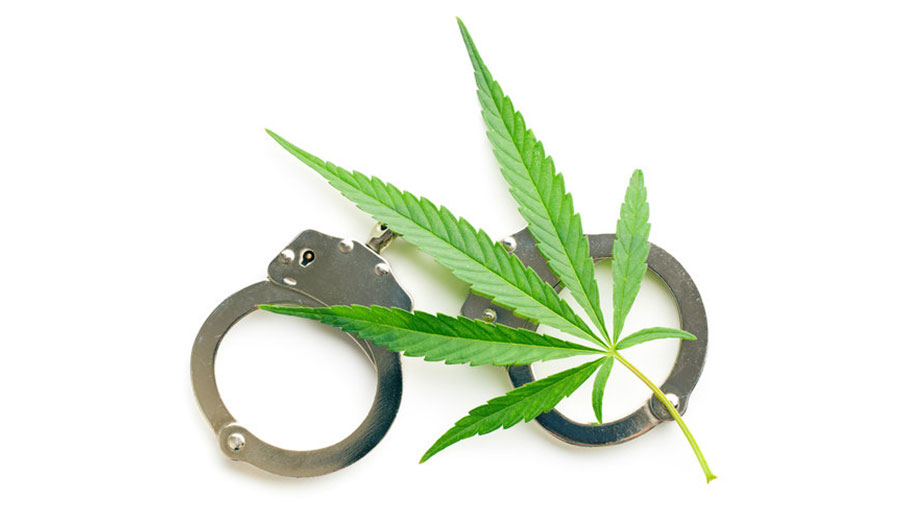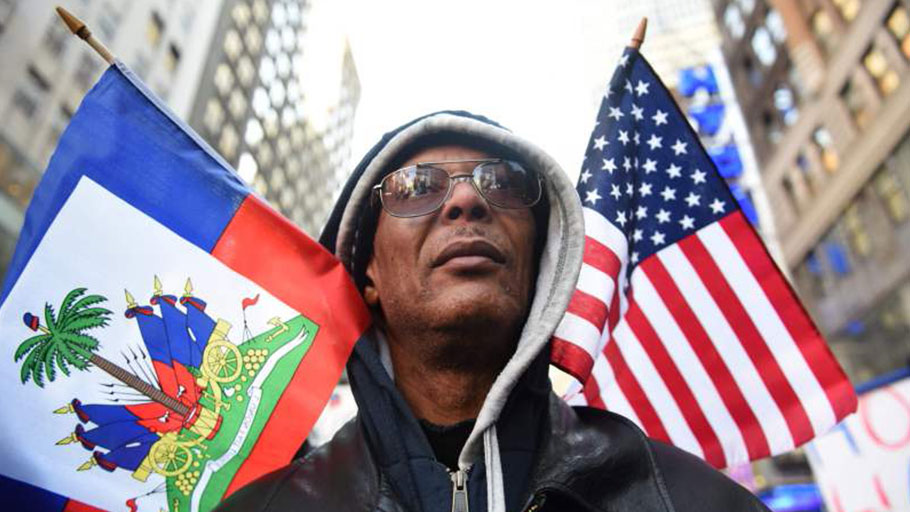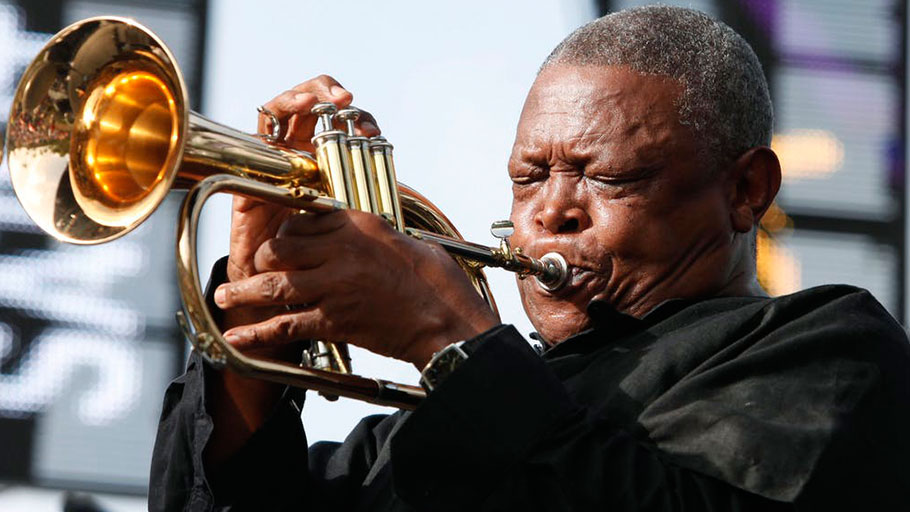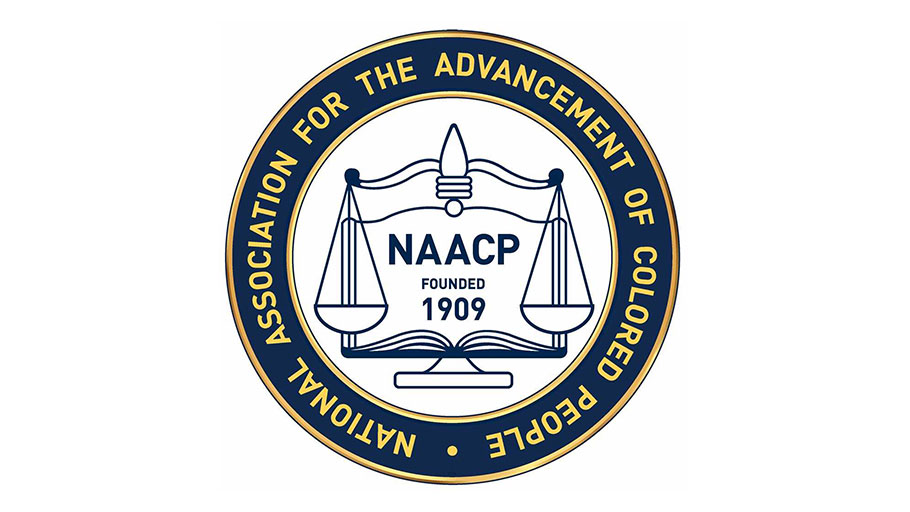
The U.S. Department of Homeland Security’s decision to rescind the Temporary Protective Status (TPS) designation for Haitian immigrants discriminates against immigrants of color, in violation of the Fifth Amendment, according to a new lawsuit filed today on behalf of the National Association for the Advancement of Colored People (NAACP) by the NAACP Legal Defense and Educational Fund…


